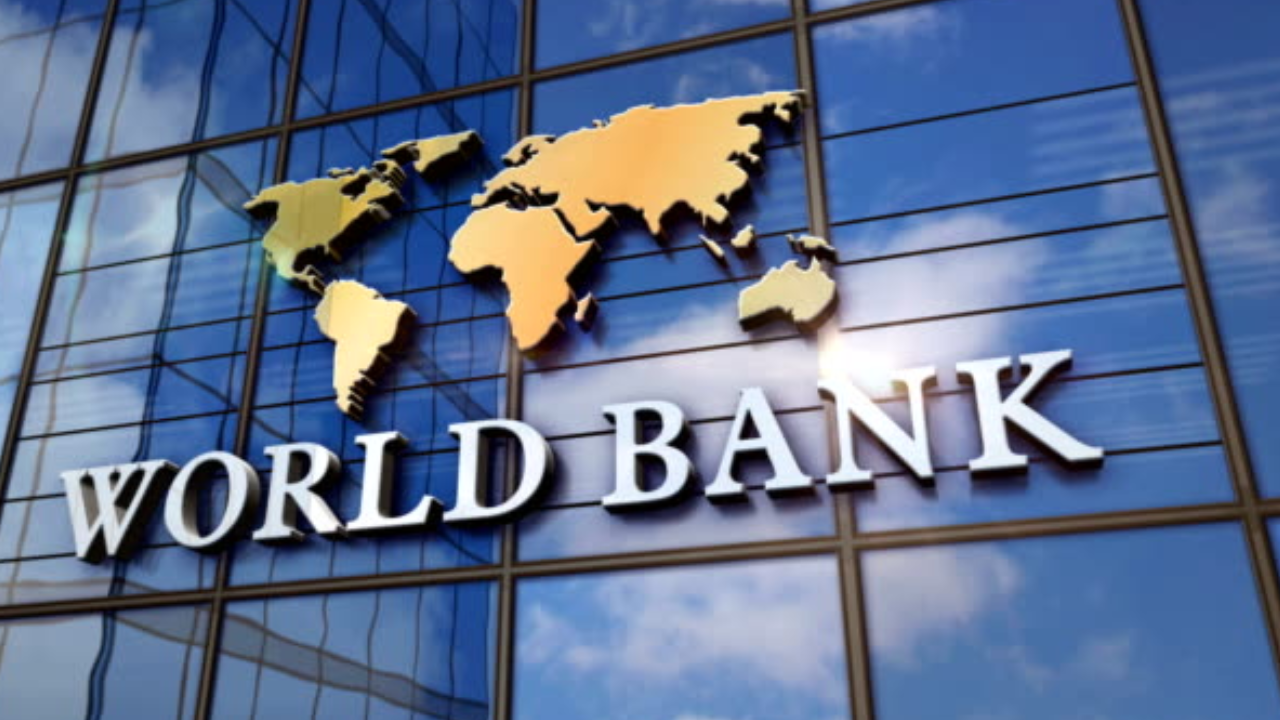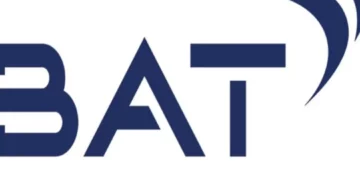Nigeria’s inflation rate continued its upward trend in the month of November, 2022 with the latest data released by the National Bureau of Statistics (NBS) putting the headline inflation at 21.47 per cent.
This is even as the World Bank cut Nigeria’s 2022 growth forecast to 3.1 per cent from a previous forecast of 3.8 per cent.
This was 6.07 percentage points higher compared to 15.4 per cent recorded in November 2021.
The latest figure is also a 38 basis points increase over the 21.09 per cent that was recorded in October, 2022.
According to the NBS, the increase in the November inflation rate can be attributed to the sharp increase in demand usually experience during the festive season.
It also attributed the rising inflation to increase in cost of importation due to the persistent currency depreciation as well as a general increase in the cost of production e.g increase in energy cost.
On a month-on-month basis, the inflation rate in November 2022 was 1.39 per cent which is 0.15 per cent higher than the 1.24 per cent recorded in October 2022. This means that in the month of November 2022, the general price level was 0.15 per cent higher relative to October 2022.
The percentage change in the average Consumer Price Index for the twelve months period ending November 2022 over the average of the CPI for the previous twelve months period was 18.37 per cent, showing a 1.39 per cent increase compared to 16.98 per cent recorded in November 2021.
Food inflation rose by 40bps to 24.13 per cent year on year compared to 23.72 per cent in October. The rise in food inflation, according to the NBS, was caused by increased prices of Bread and cereals, Oil and fat, Potatoes, Yam and other tubers, Food products, Fish. On a month-on-month basis, food inflation settled at 1.4 per cent, relative to the 1.23 per cent recorded in October.
On a year-on-year basis, in the month of November 2022, the urban inflation rate was 22.09 per cent, which was 6.17 per cent higher compared to the 15.92 per cent recorded in November 2021.
On a month-on-month basis, the urban inflation rate was 1.50 per cent in November 2022, a 0.16 per cent increase compared to 1.3 per cent in October 2022.
Rural inflation rate in November 2022 was 20.88 per cent on a year-on-year basis; 5.99 per cent higher compared to 14.89 pe cent recorded in November 2021.
On a month-on-month basis, the rural inflation rate in November 2022 was 1.30 per cent, up by 0.14 pe cent compared to 1.16 per cent in October 2022.
Commenting on the latest inflation figures, the director of the Centre for promotion of Private Enterprise(CPPE), Dr Muda Yusuf, stressed the need for the government to urgently intervene to tame inflation demands and fix supply side constraints in the economy.
He urged government to work on “tackling production and productivity constraints, fixing the dysfunctional forex policy, and reducing liquidity injection through ways and means funding of fiscal deficit.”
However, he said, CBN should resist the temptation of further monetary policy tightening. The deployment of monetary tightening tools should be put on pause.
“The Nigerian economy is not a credit driven economy which is why the tightening outcomes has been inconsequential as a tool to tame inflation. As at October 2022, credit to the private sector as a percentage of GDP was 22.7 per cent in Nigeria. The percentages for other countries in 2020 according to world bank were 32 per cent in Kenya; 96 per cent in Morocco; 193 per cent in Japan; 143 per cent in UK; 216 per cent in the United States; and 39 per cent was average for sub-Sahara Africa. This underscores the need for variabilities in policy responses,” he pointed out.
Noting that inflation had been spiking despite the serial monetary tightening, Yusuf said: “sustained tightening penalizes entrepreneurs [especially the real sector], increases cost of credit with heightened prospects of a backlash on growth. Inflation restraining strategies should accordingly focus on productivity boosting supply side factors and reduction in ways and means funding of deficit.”
Meanwhile, the World Bank explained that the revision of the country’s growth forecast was due to slow economic growth in the third quarter from a year earlier, dragged down by the oil sector and a weak performance in other areas of the economy.
The bank forecast growth to slow 2.9% next year. Last month, the International Monetary Fund, IMF cut Nigeria’s real Gross Domestic, GDP growth forecast down to 3 per cent from 3.4 per cent earlier, citing weak oil production and the adverse effects of recent flooding.





